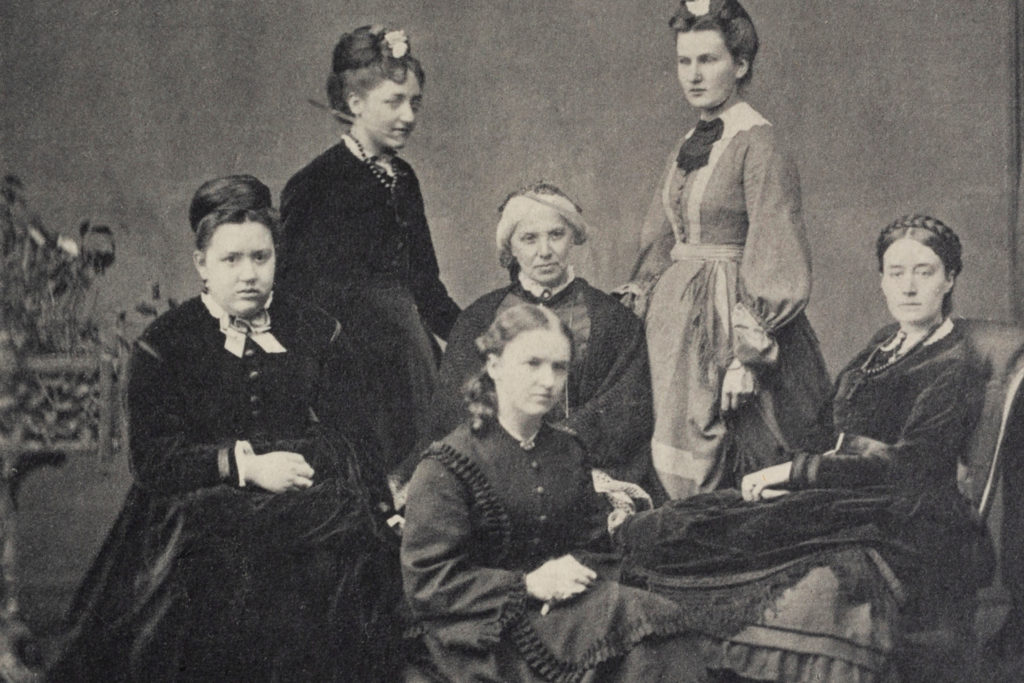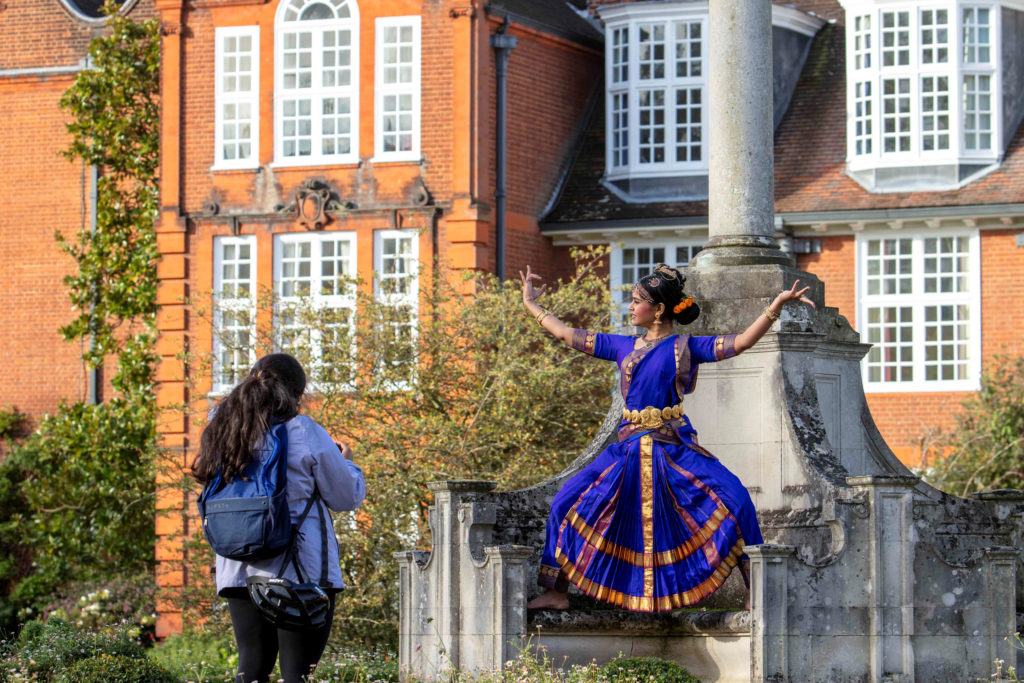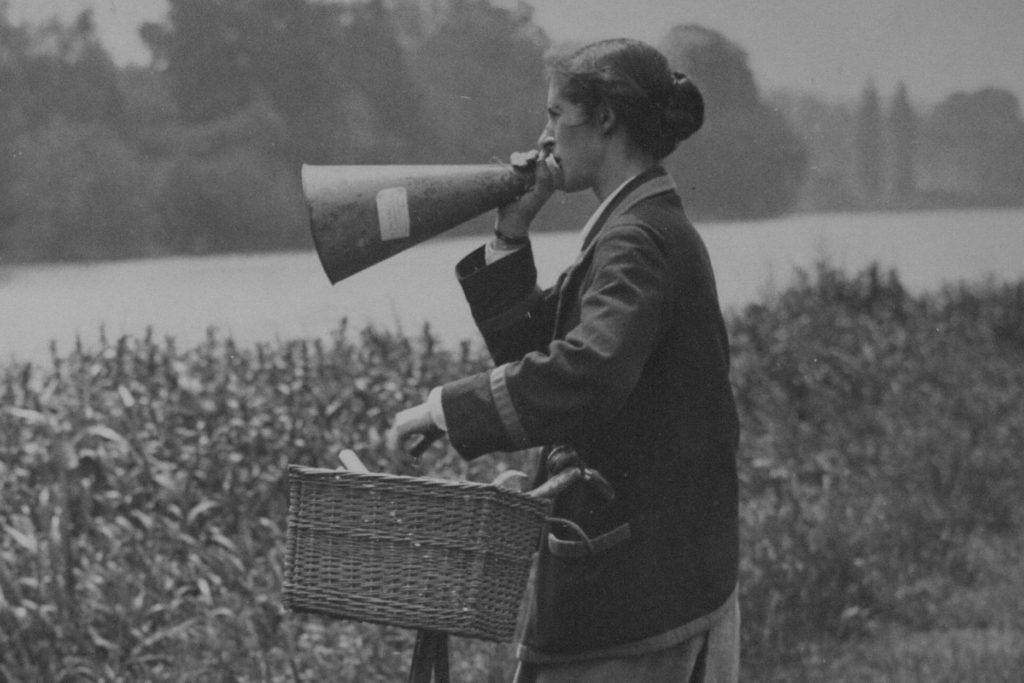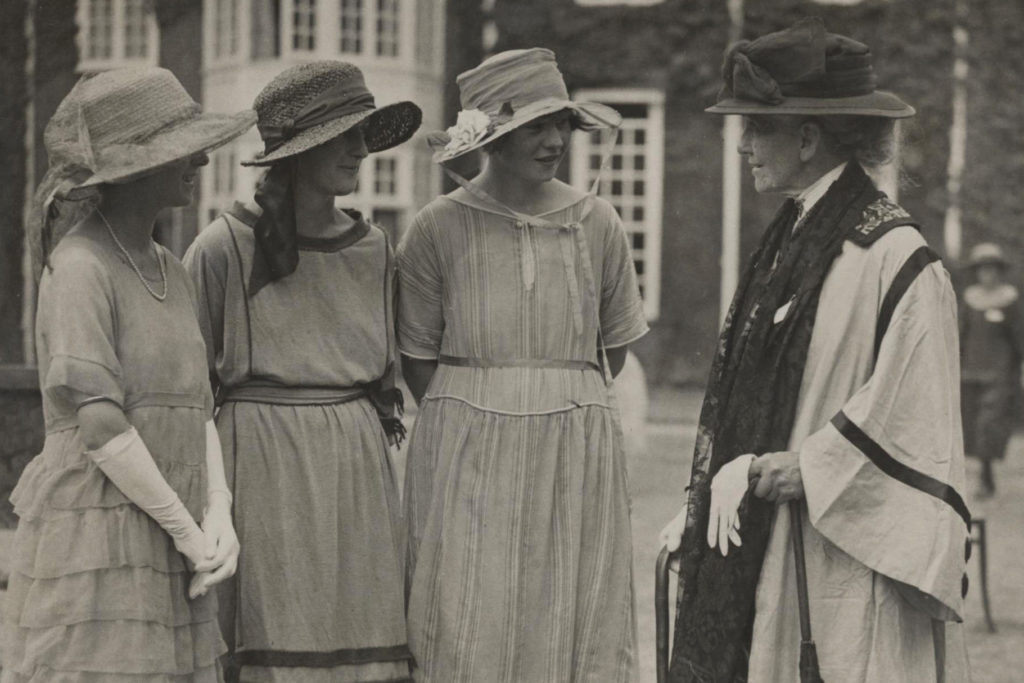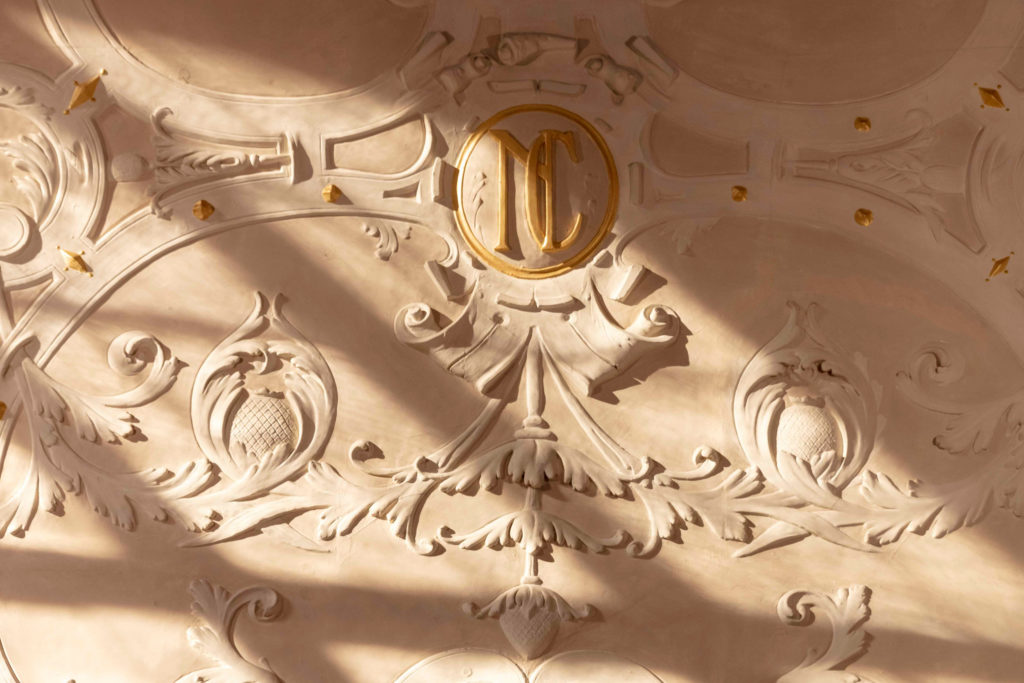Anniversary Lecture Series: Professor Dame Ottoline Leyser
‘The Two Cultures – revisited’
“We need to capture the benefits of disagreement”
In the inaugural event of Newnham’s 150th Anniversary, Prof Dame Ottoline Leyser re-opens one of the 20th century’s major intellectual debates, placing it in the context of our own turbulent times.

In 1959, the novelist and physicist C.P. Snow delivered his famous Rede Lecture ‘The Two Cultures’. He expressed concerns about the divide between the arts and humanities and the sciences, arguing that it prevented society from tackling global problems such as poverty. Three years later, literary critic F. R. Leavis gave a scathing response. The resulting controversy shaped British intellectual life of the 20th century.
Ottoline Leyser argues that a broader education, Snow’s proposed solution, “will do little to change our propensity to erect unhelpful divisions, whether that is inside academia or outside.” Instead, she proposes “We do need culture change, but we need a change to a culture that values difference and promotes diversity. We need to capture the benefits of disagreement, and diverse experience and expertise to build better solutions.”
Prof Dame Ottoline Leyser FRS (NC 1983)
Ottoline Leyser is one of the UK’s leading scientists. She is chief executive of UK Research and Innovation (UKRI), the UK’s largest public funder of research and innovation with a combined budget of more than £8bn per year.
Her own research focuses on developmental biology, and she is Regius Professor of Botany at the University of Cambridge. She is a Fellow of the Royal Society, and in 2017 was appointed DBE for services to plant science, science in society and equality and diversity in science.
Ottoline Leyser has a long-term interest in inclusiveness in science, particularly for parents in science. Her projects have included the Royal Society publication ‘Mothers in Science: 64 ways to have it all’ in 2008, revisited in 2017 as ‘Parent – Carer – Scientist’.
“Diversity is fundamental to a healthy research culture,” she says. “Scientists expect to be challenged by different ideas and alternative ways of thinking. If everyone in the room thinks the same way, then alternative views will struggle to emerge and to provide that essential role of challenge.”
Oops! We could not locate your form.

